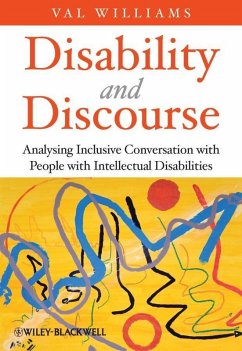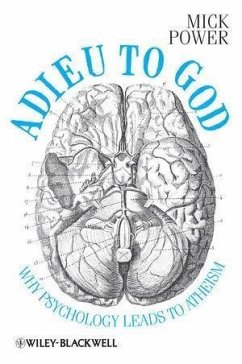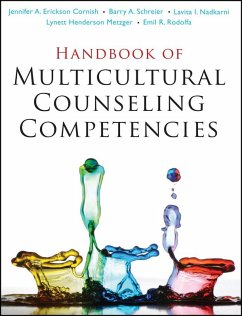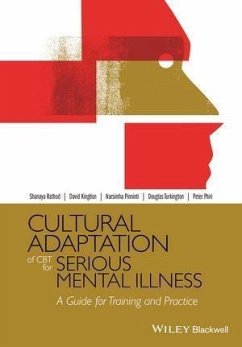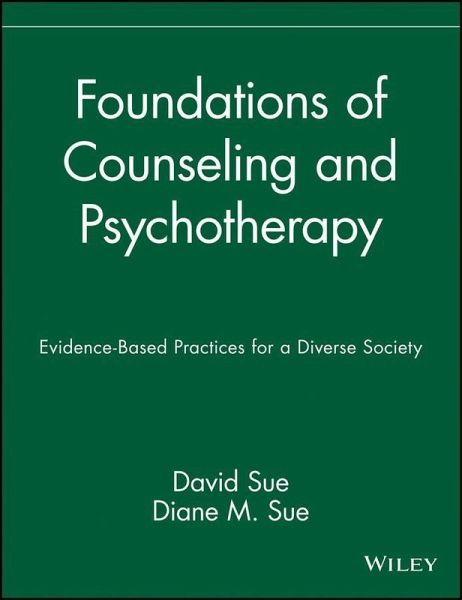
Foundations of Counseling and Psychotherapy (eBook, ePUB)
Evidence-Based Practices for a Diverse Society
Versandkostenfrei!
Sofort per Download lieferbar
87,99 €
inkl. MwSt.
Weitere Ausgaben:

PAYBACK Punkte
0 °P sammeln!
Foundations of Counseling and Psychotherapy provides an overview of the most prevalent theories of counseling within the context of a scientific model that is both practical and up-to-date. Authors David Sue and Diane Sue provide you with the best practice strategies for working effectively with your clients using an approach that recognizes and utilizes each client s unique strengths, values, belief systems, and environment to effect positive change. Numerous case studies, self-assessment, and critical thinking examples are included.
Dieser Download kann aus rechtlichen Gründen nur mit Rechnungsadresse in A, B, BG, CY, CZ, D, DK, EW, E, FIN, F, GR, HR, H, IRL, I, LT, L, LR, M, NL, PL, P, R, S, SLO, SK ausgeliefert werden.




